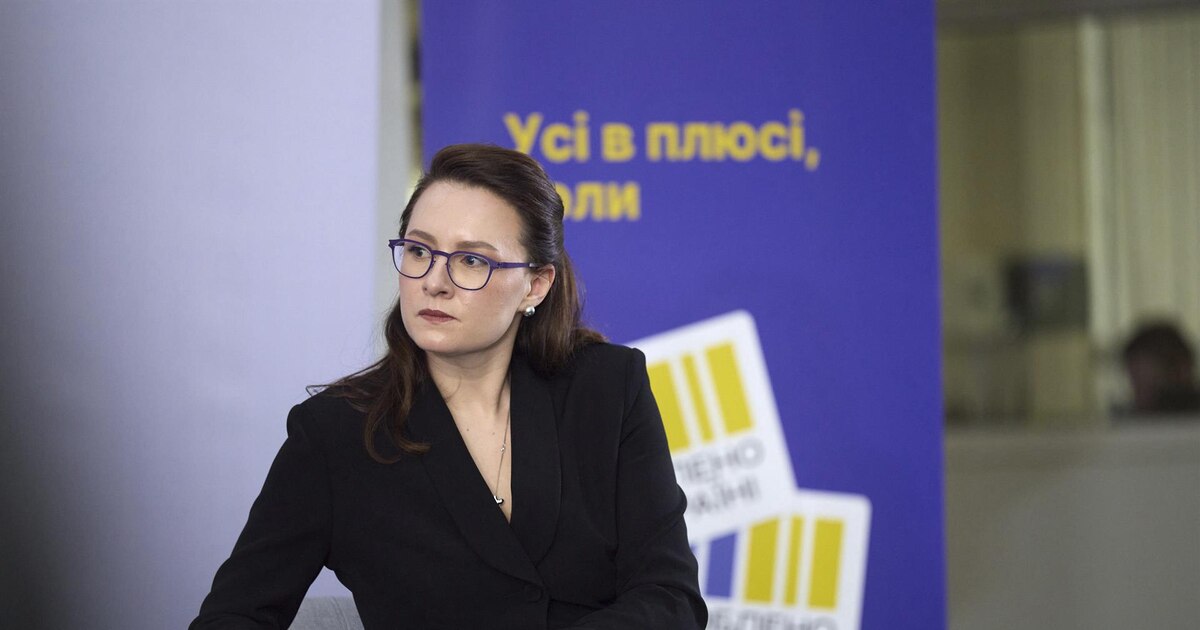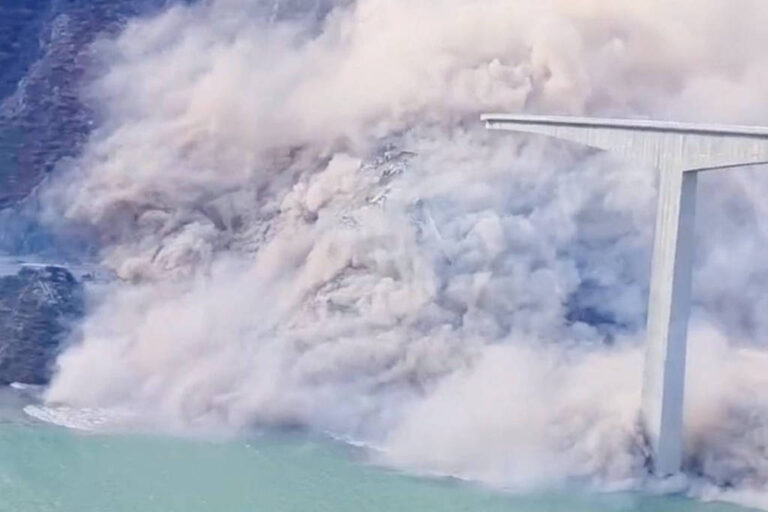
The Ukrainian government decided on Tuesday this week to revoke the powers of the supervisory board of the state nuclear company Energoatom in the framework of an investigation into money laundering from one of the company’s offices in the capital Kiev. The oversight committee was raided by authorities earlier this week.
“Today, the first decision was taken to restart Energoatom. The government has prematurely suspended the functioning of the company’s supervisory board,” Ukrainian Prime Minister Yulia Sviridenko announced in a statement via Telegram.
The leader explained that since 2023, Ukrainian executives began “reforming” the Supervisory Board and selecting its members “through competition,” the body “has all powers, from the appointment of management to the control of corporate activities.” In this sense, he stressed that Kiev “did not interfere in their activities” and said that was why he called on the group to “take responsibility for the situation in the company.”
Sviridenko also said the Ministry of Economy, Environment and Agriculture would present the new composition of the supervisory board to the government, which would have one week to approve the appointments. He suggested that the aim was to “quickly restart operations, conduct a full audit of the company and provide all necessary assistance to law enforcement agencies in investigating possible cases of corruption.”
The Prime Minister then announced that “the National Audit Office has been commissioned to carry out an urgent audit of Energoatom, including its acquisitions,” and that he expected the results to be submitted to law enforcement and anti-corruption agencies “as soon as possible.”
The National Anti-Corruption Bureau of Ukraine (NABU (Ukrainian acronym)) and the Special Anti-Corruption Prosecutor’s Office (SAPO) announced on Monday this week a major operation to investigate corruption plots in the energy sector, amidst restrictions on electricity supplies following Russian attacks in recent days.
According to both groups, a “criminal organization” laundered money from offices in Kiev. The office belonged to Andrei Derkach, a former Ukrainian parliamentarian, businessman, and current Russian senator. They believe that “approximately $100 million (87 million euros) passed through this money laundering system.”


